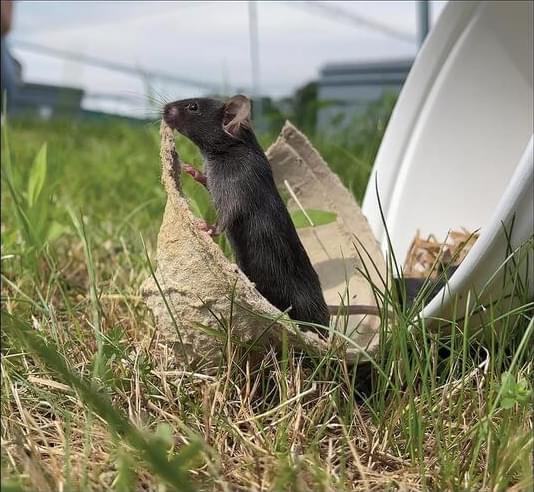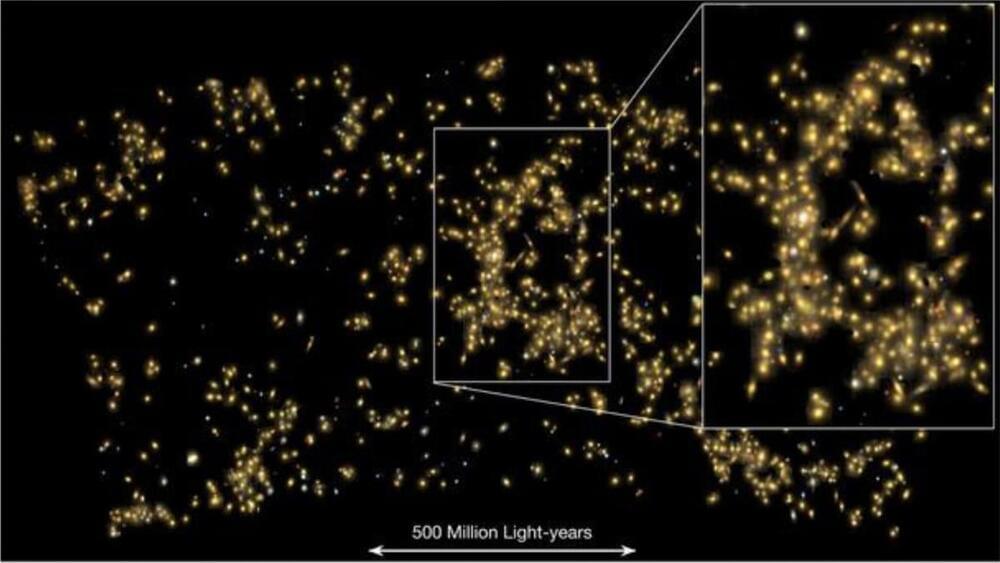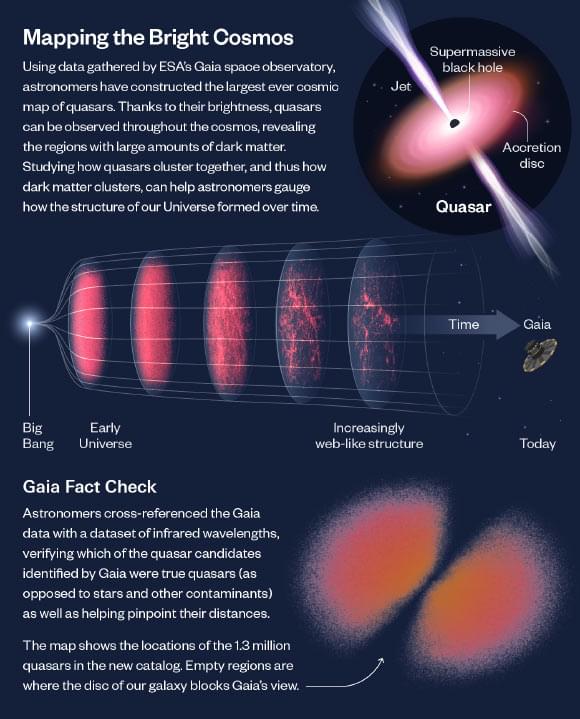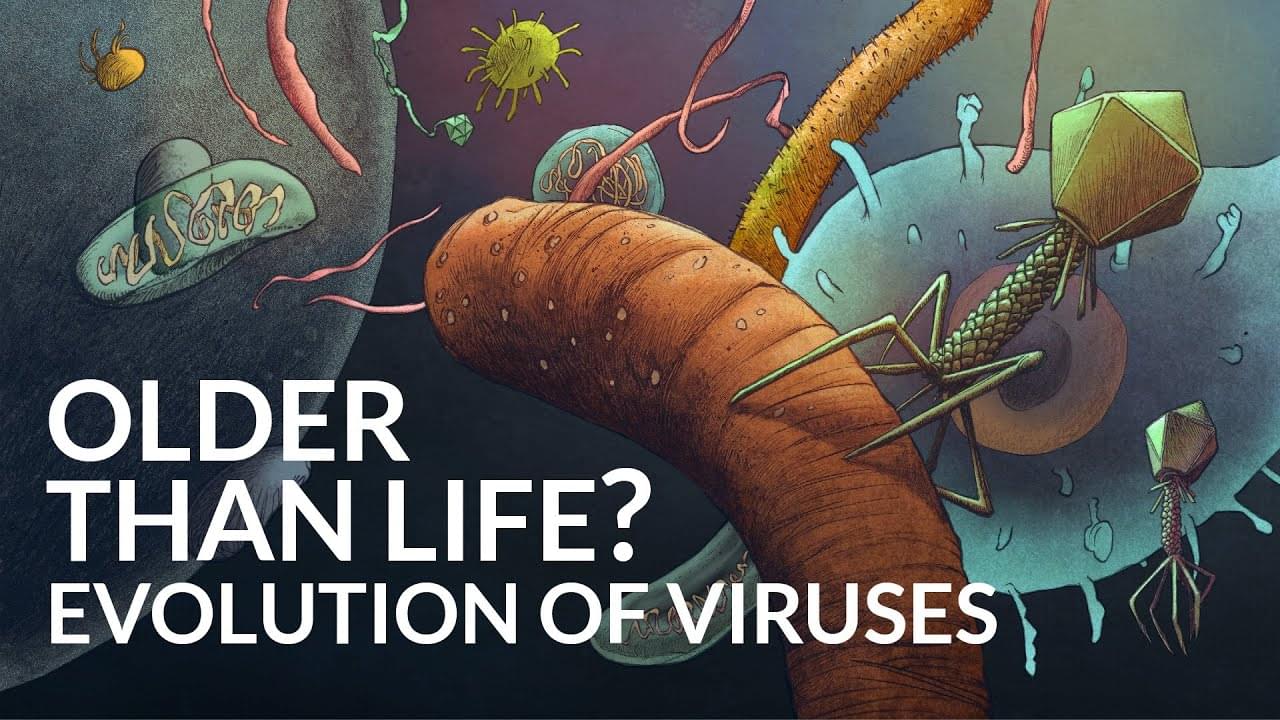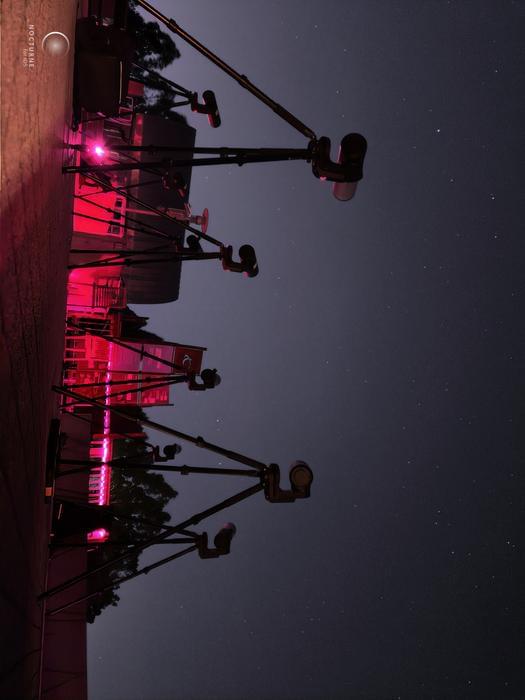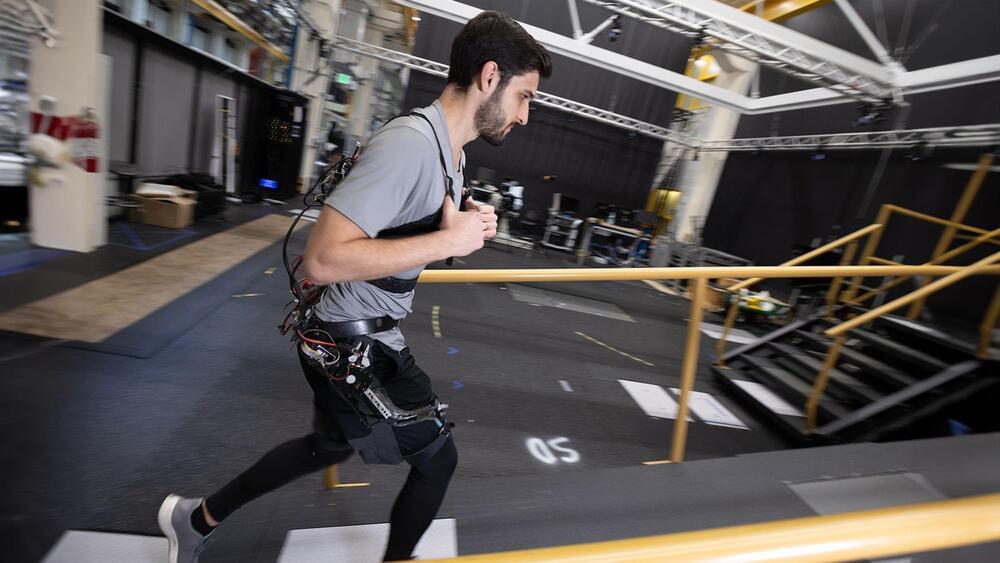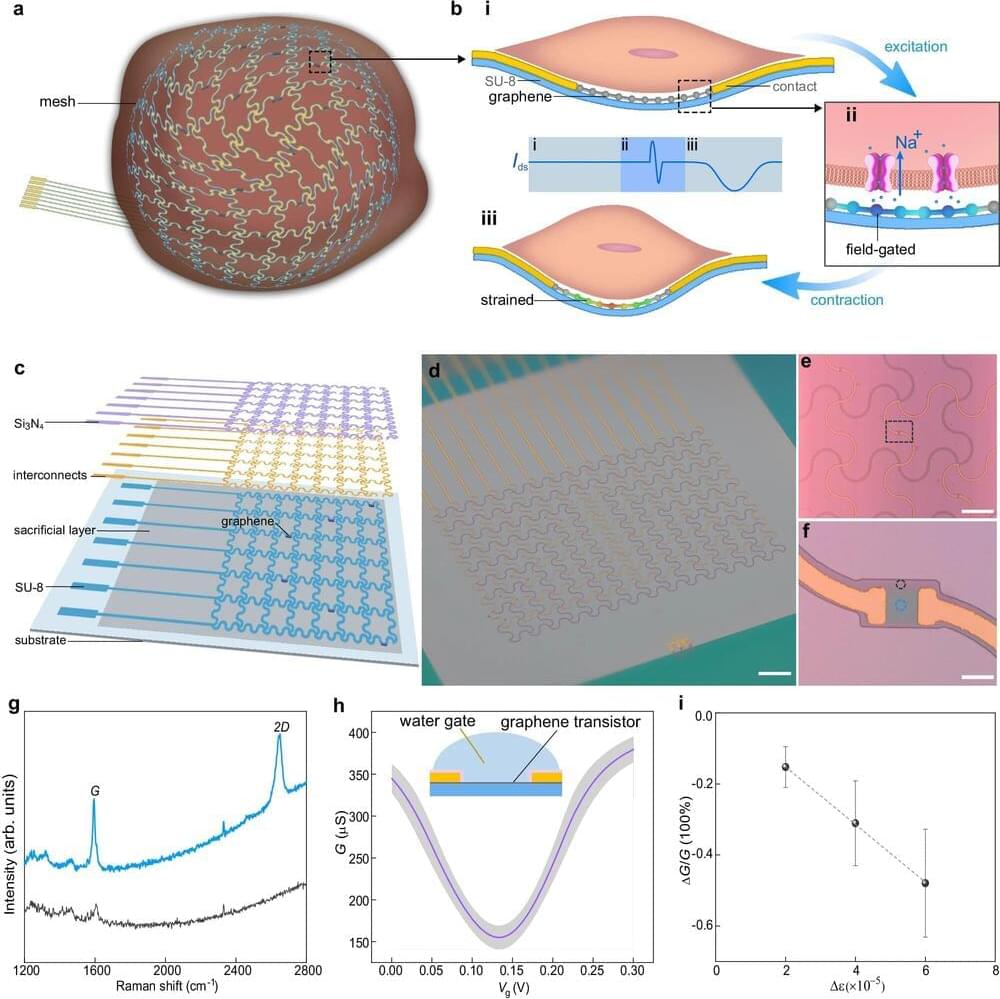Mar 21, 2024
Human brains preserve in diverse environments for at least 12 000 years
Posted by Shubham Ghosh Roy in categories: biotech/medical, evolution, health, neuroscience
Human brains preserve in diverse environments for at least 12 000 years—new research in Proceedings B this week: https://royalsocietypublishing.org/doi/10.1098/rspb.2023.
Soft tissue preservation in the geological record is relatively rare, and when an archaeologist digs a human skull out of the…
The brain is thought to be among the first human organs to decompose after death. The discovery of brains preserved in the archaeological record is therefore regarded as unusual. Although mechanisms such as dehydration, freezing, saponification, and tanning are known to allow for the preservation of the brain on short time scales in association with other soft tissues (≲4000 years), discoveries of older brains, especially in the absence of other soft tissues, are rare. Here, we collated an archive of more than 4,400 human brains preserved in the archaeological record across approximately 12 000 years, more than 1,300 of which constitute the only soft tissue preserved amongst otherwise skeletonized remains. We found that brains of this type persist on time scales exceeding those preserved by other means, which suggests an unknown mechanism may be responsible for preservation particular to the central nervous system. The untapped archive of preserved ancient brains represents an opportunity for bioarchaeological studies of human evolution, health and disease.
Continue reading “Human brains preserve in diverse environments for at least 12 000 years” »
